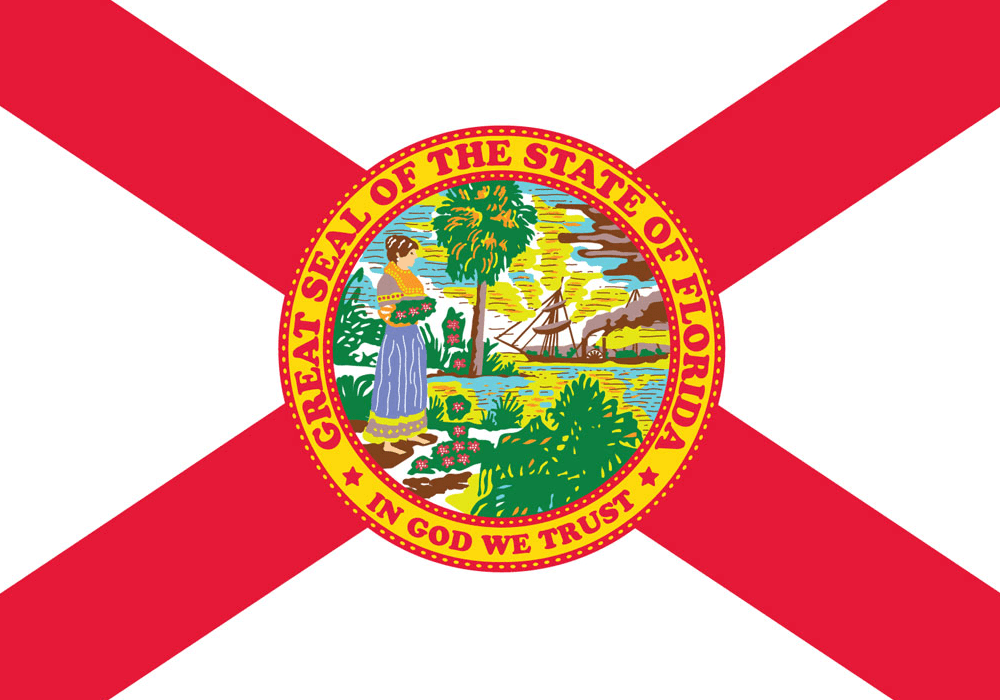A motion making any of these defenses must be made before pleading if a further pleading is permitted. The grounds on which any of the enumerated defenses are based and the substantial matters of law intended to be argued must be stated specifically and with particularity in the responsive pleading or motion. Any ground not stated must be deemed to be waived except any ground showing that the court lacks jurisdiction of the subject matter may be made at any time. No defense or objection is waived by being joined with other defenses or objections in a responsive pleading or motion. If a pleading sets forth a claim for relief to which the adverse party is not required to serve a responsive pleading, the adverse party may assert any defense in law or fact to that claim for relief at the trial, except that the objection of failure to state a legal defense in an answer or reply must be asserted by motion to strike the defense within 20 days after service of the answer or reply.
FL. R. Civ. P. 1.140
Committee Notes
1972 Amendment. Subdivision (a) is amended to eliminate the unnecessary statement of the return date when service is made by publication, and to accommodate the change proposed in rule 1.100(a) making a reply mandatory under certain circumstances. Motions to strike under subdivision (f) are divided into 2 categories, so subdivision (a) is also amended to accommodate this change by eliminating motions to strike under the new subdivision (f) as motions that toll the running of time. A motion to strike an insufficient legal defense will now be available under subdivision (b) and continue to toll the time for responsive pleading. Subdivision (b) is amended to include the defense of failure to state a sufficient legal defense. The proper method of attack for failure to state a legal defense remains a motion to strike. Subdivision (f) is changed to accommodate the 2 types of motions to strike. The motion to strike an insufficient legal defense is now in subdivision (b). The motion to strike under subdivision (f) does not toll the time for responsive pleading and can be made at any time, and the matter can be stricken by the court on its initiative at any time. Subdivision (g) follows the terminology of Federal Rule of Civil Procedure 12(g). Much difficulty has been experienced in the application of this and the succeeding subdivision with the result that the same defenses are being raised several times in an action. The intent of the rule is to permit the defenses to be raised one time, either by motion or by the responsive pleading, and thereafter only by motion for judgment on the pleadings or at the trial. Subdivision (h) also reflects this philosophy. It is based on federal rule 12(h) but more clearly states the purpose of the rule.
1988 Amendment. The amendment to subdivision (a) is to fix a time within which amended pleadings, responsive pleadings, or more definite statements required by the court and responses to those pleadings or statements must be served when no time limit is fixed by the court in its order. The court’s authority to alter these time periods is contained in rule 1.090(b).
2007 Amendment. Subdivision (a) is amended to conform rule 1.140 to the statutory requirements of sections 48.111, 48.121, and 768.28, Florida Statutes. The rule is similar to Federal Rule of Civil Procedure 12(a).

